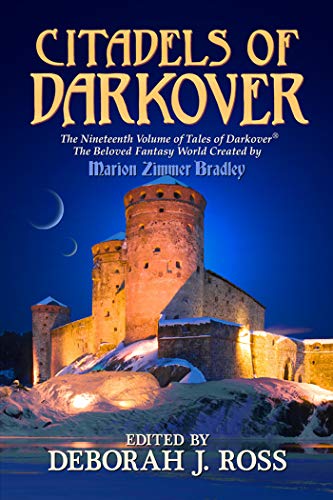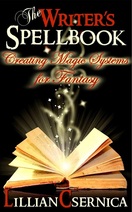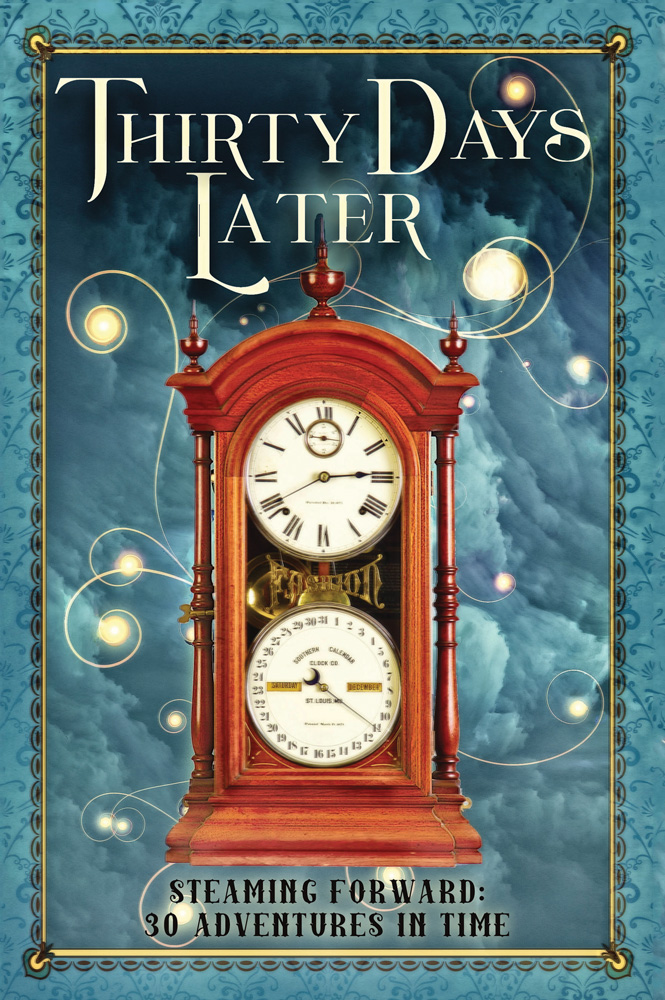by Lillian Csernica on February 16, 2014There seems to be more and more talk these days about the importance of diversity, inclusive viewpoints, and using language that carefully avoids triggers and hostile buzzwords.
What we have here is a mine field.
Let’s consider the Bogeyman of our times, the Straight White Male (SWM). How is a SWM supposed to write about characters with whom he has absolutely nothing in common, no points of cultural similarity or emotional resonance? As a drastic example, just to make the point, imagine a single, childless SWM attempting to write a story from the viewpoint of an African-American lesbian who has two children from a relationship that occurred when she was a teenager. Even if the SWM knows a woman who fits this description and goes to her for research and feedback on his manuscript, he’s still in the position of a deaf person trying to imagine what music sounds like. No matter how hard he tries, he’s not really going to understand. He can’t feel it in his bones, so to speak. He may comprehend the words, but the tune escapes him.
Worse, the SWM has put himself right in the middle of the mine field. Should he go ahead and write the story and somehow manage to get it published, he will expose himself to all manner of criticism. Perhaps the woman he went to for advice and feedback is not typical of the kind of character he wants to write about. Perhaps she’s in an economic position that has made her able to go to college, get a degree, achieve a high level of success in her field, earn a considerable income, buy a house, send her children to the colleges of their choice, and in general live the life people often consider typical of the SWM himself. The SWM’s research resource will give him insights skewed according to her experiences. If his research is inaccurate, or at least not representative of the character he wants to create, then what comes out on the page will not ring true. It will invite all kinds of hostility and outrage and accusations of racism and class prejudice.
I’m walking through the mine field myself to even discuss such a situation.
I am not defending the Single White Male who does commit offenses of language and action against women and people of color.
I do believe that to claim EVERY White Male, single, married, or otherwise, commits such offenses routinely is bigotry in itself.
The point that I’m trying to make about writing realistic characters from vastly different cultures and backgrounds would be equally valid if we were on Jupiter and the Hermaphroditic Reptilian Millionaire chose as its main character a Homeless Single Sex Cyborg. The First Rule of Writing is Write What You Know. That leaves the SWM in the position of writing about SWMs. That’s what he knows best, that’s what he can write about with the greatest accuracy and depth of feeling. To punish him for doing so is inconsistent, unreliable, and even merciless.
We can’t write what we know, because we don’t know enough. Part of the adventure of writing is doing the research. The more we learn about people different from ourselves, about lifestyles different from our own, about morals and ethics and religions and spiritualities and cooking and clothing and planting gardens in ways far different from the familiar, the more we enrich our writing. The more we stretch the muscles of the imagination. Am I stating the obvious? Yes and no.
It’s important to write what we know because then we bring to it the knowledge we carry in our hearts and in our bones.
It’s even more important to write what we don’t know and to make the effort to get it right. That way we learn, our readers learn, and we do justice to ourselves, our readers, and the characters whose stories we tell.





















umm….where does this leave writers of horror?
LikeLike
Which writers? Or what kind of horror?
LikeLike
to be more direct, i would say that there are a lot of topics (including horror) that a writer could not directly have in her or his life experience. So… When you say:
“It’s important to write what we know because then we bring to it the knowledge we carry in our hearts and in our bones.”
I can’t help but feel the irony that you are a horror writer…
Writing what one knows is an important idea. And it has limits.
LikeLike
Yes, but in case you missed the end of the post, “It’s even more important to write what we don’t know and to make the effort to get it right.” Lillian’s already acknowledged that one can only get so far when writing what one knows.
As for horror–horror totally works with what one knows and doesn’t know, because it can be channeled into what we write, like any other work. I can write horror about having to defend someone against an adversary who is out-of-mind and stronger than me, and the fear that comes from that, because I’ve experienced. I can also write about the slow takeover of squid gods in one’s life–sure, squid gods don’t exist, but doesn’t all fear have at least some root in a fear of the unknown? And even if squid gods don’t exist, can’t I take something I’ve previously experienced (like the stronger adversary who I can’t predict the actions of), remember what that fear felt like, and how it is connected to squid gods and trying to escape them?
Horror’s a genre like any other. The unknown can be scary–but so can life.
LikeLike
Hey, Dorian! Thank you for your support on the second half of my point. I’m no scientist, so writing a mad scientist story would take a lot of effort on my part. (Fortunately, I know a few mad scientists. You know who you are! LOL) Murphy is right about horror requiring some extra effort, especially if you’re going off into the realm of the supernatural. You have to make it believable, and then you have to scare the daylights out of your reader. I discuss the techniques and lack thereof in horror stories when I review short fiction in Tangent Online.
LikeLike
Hi, Murphy! I can see what you mean. Hard to write about the classic monsters when they’re really just make believe. I can write about a variety of horror and horrific experiences. I’ve been tied down by somebody who wasn’t exactly sane (“Fallen Idol”), I’ve had nightmares all my life (“The Screaming Key”), I have thalasaphobia (“Dark Water”), and I’ve lost my first child (“Mother Love,” still a work in progress). Fear is a fundamental element of the human condition. Stephen King says you take one weird thing and keep on exaggerating it throughout the story. That will inspire fear sooner or later!
LikeLike
ah, Dorian, you are right. I did miss the concluding sentence. Yes, Lillian, I agree, it is important to write what we have NOT experienced. please God, let us not experience most of the world’s horrific possibilities. And yet we want to explore them, which is what’s fiction is for.
While writing fiction, we have to make it as “true” as possible. That requires leaning on what we DO know.
That’s the trick.
LikeLike
Reblogged this on Hopes and Dreams: My Writing and My Sons and commented:
I wrote this post two and a half years ago. In the wake of the Orlando shootings and the discussions about issues related to that horrible event, I feel it’s relevant to make these points again.
LikeLike